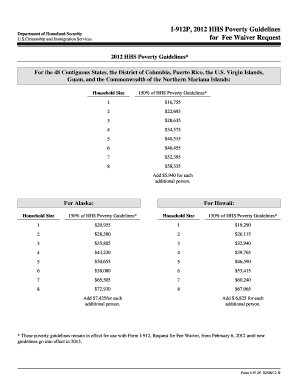

Though exceptions for duress exist, they can be hard to get, leaving many Afghans who have struggled under the Taliban for decades in a precarious situation. immigration law’s extremely broad terrorism-related restrictions, which prohibits entry or adjustment for immigrants who have done things like provide food, water, or medical care to a member of the Taliban. However, many Afghan refugees who enter the country on SIVs and humanitarian parole, or receive Temporary Protected Status (TPS) and attempt to later apply for a green card often run into U.S. and permanent residence to people who aided the U.S. The majority of those evacuated were people who already had approved SIVs - visas that grant entry to the U.S. resettlement were evacuated when the Afghan government collapsed. government has processed, more than 90% have been denied.Īs noted above, not all Afghans who could be eligible for U.S. However, according to data obtained by CBS News, of the fewer than 5,000 applications the U.S. USCIS has received over 46,000 applications for humanitarian parole from Afghans since July 2021, the majority of which are in a backlog waiting to be processed. only evacuated about 24% of Afghans who assisted the government and may now be in danger.ĭespite this, reports earlier this summer show that USCIS has denied more than 90% of requests for humanitarian parole filed by Afghans hoping to escape the Taliban and enter the U.S. However, according to the International Rescue Committee (IRC), as many as 300,000 Afghans were affiliated with U.S.

military in its efforts in the country, the final number of people airlifted from Kabul came to around 80,000 civilians (of those, about 5,500 were Americans). Though the United States attempted to evacuate Afghans who had assisted the U.S. The United Nations estimated that 2.2 million Afghans had already fled the country before the fall of Kabul on Augan additional 3.5 million were internally displaced during this time as well. It has been nearly a year since the Taliban swept into Kabul, Afghanistan, prompting at least half a million people to flee their homes. government of discriminating against Afghan and Iraqi nationals. These reports have prompted some to accuse the U.S. The updates to the SIV system come as thousands of Afghans languish in the SIV and humanitarian parole application process, despite thousands of Ukrainians being able to access visas and travel authorizations to the U.S.
#HOW MANY PAGES FEDERAL REGISTER 2017 MANUAL#
The Policy Manual changes include shortening the required employment periods with the International Security Assistance Force, expanding the number of surviving relatives of SIVs who are eligible, removing time limitations for converting petition types to speed the process, and generally clarifying the legal requirements around providing “ faithful and valuable service to the U.S. USCIS also announced changes to its Policy Manual to reflect changes made to the SIV program in July 2021 by the Emergency Security Supplemental Appropriations Act of 2021. This process cuts out the step of filing Form I-360 with USCIS, though some applicants will still need to file Form I-360 under certain conditions.

Once the applicant receives COM approval, they can move directly to applying for their green card with USCIS. Under the new process, applicants will file a Petition for Special Immigrant Classification for Afghan SIV Applicants on Form DS-157 with DOS at the same time they file for COM approval. was a three-step process: the applicant would apply for “Chief of Mission” (COM) approval with the DOS, then file Form I-360 with USCIS, and then later file Form I-485 Application to Adjust Status to receive a green card. Previously, the Afghan SIV application for people already in the U.S. The announcement by USCIS that it is transitioning the adjudication of the Petition for Special Immigrant Classification to DOS is a significant change, which the agency hopes will promote efficiency by streamlining the process. Citizenship and Immigration Services (USCIS) recently announced it is transitioning the processing of initial Special Immigrant Visa (SIV) classifications to the Department of State (DOS), and making changes to its Policy Manual that expand the eligibility requirements for Afghan and Iraqi SIVs.


 0 kommentar(er)
0 kommentar(er)
